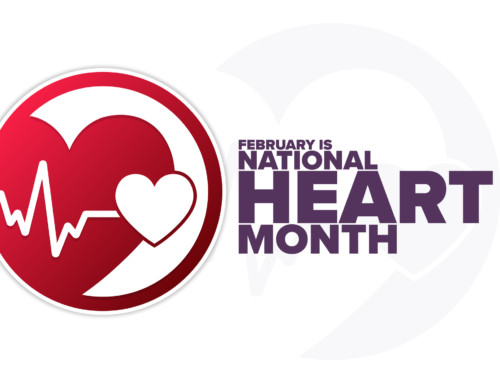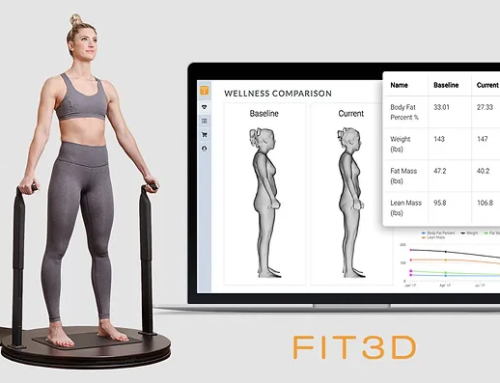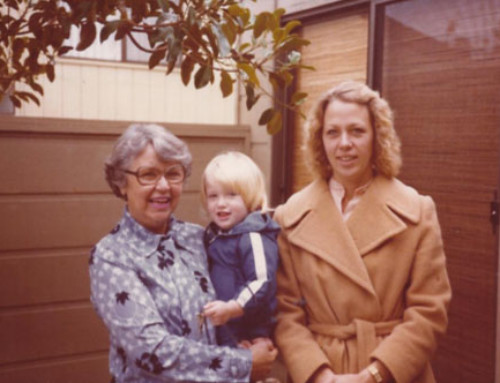 Every 10 minutes, another person is added to the United States organ transplant waiting list. According to the U.S. Government Information on Organ Donation and Transplantation, as of August 2017, there were 116,000 men, women, and children awaiting an organ transplant — and that number continues to grow. These statistics are staggering, but you can help through organ donations and living donations.
Every 10 minutes, another person is added to the United States organ transplant waiting list. According to the U.S. Government Information on Organ Donation and Transplantation, as of August 2017, there were 116,000 men, women, and children awaiting an organ transplant — and that number continues to grow. These statistics are staggering, but you can help through organ donations and living donations.
Choosing to become an organ donor or a living donor can make an immediate and positive impact on others. One organ donor alone can save up to eight lives, and the same donor can improve the lives of 75 other individuals through tissue donations.
Let’s look at the two types of donation and cover what you’ll need to know about each type before signing up.
What is Organ Donation?
Organ donation is the transplant of healthy organs and tissue from a recently deceased person to an individual or individuals who are on the organ transplant waiting list.
Contrary to popular belief, a variety of organs can be donated and transplanted — you are not limited to donating your heart, liver, and kidneys. You can also donate your pancreas, lung, intestine, and vascularized composite allografts (VCAs), which include skin, bones, connective tissue, blood vessels, and other structural elements.
Doctors can also combine transplants: the kidney and pancreas can be transplanted at the same time, and the same applies to the heart and lungs.
Who Can Apply for Organ Donation?
Most people are familiar with organ donation, and becoming a donor is as easy as filling out an extra form when registering for or renewing your driver’s license at your local California DMV office. You can also visit the Donate Life California Organ and Tissue Donor Registry website to register.
You might be surprised to learn that there are few limitations to becoming an organ donor. There is no age limit, so anyone including the elderly and individuals under 18 years old (with parental consent) can choose to become a donor. There are very few health conditions that prevent you from donating; but depending on your existing health conditions, you may only be able to donate certain organs. Your health and the organs you can donate is something a medical professional will be able to determine postmortem.
What is a Living Donation?
Fewer people know about becoming a living donor, but this practice is just as vital for helping save lives and keep a friend, loved one, or even a stranger from waiting on the national transplant wait list. Shockingly, around 20 people die each day while waiting for a transplant — which is all the more reason to consider becoming a living donor.
A living donation is reserved primarily for liver and kidney transplants; and unlike organ donation, a living donation requires you to undergo a surgical procedure. It is important to be in good health for donation: a living kidney donor will experience some decrease in kidney function. But if you donate a portion of your liver, this organ has regenerative capabilities and will eventually return to normal functioning.
It’s also possible to donate a portion of your lung, intestine, pancreas, or heart as a living donation — but these transplants are much rarer.
Who Can Apply for a Living Donation?
Unlike organ donation, some limitations apply when it comes to a living donation. It also depends on what organ (or a portion of an organ) you want to donate. Check with your healthcare professional to see if you are a good candidate for a living donation.
The registration and screening process is also more vigorous than signing up to be an organ donor. You have to complete a living donor registration form to determine whether you meet the criteria. Once approved, you have to undergo a medical evaluation to ensure your involvement poses minimal risk to both yourself and the organ recipient.
Give Someone a Second Chance
Both organ donations and living donations can help keep countless people alive each year; and by becoming a donor, you can have a direct impact someone’s life. Find out whether you might be a good candidate for organ donation by consulting a doctor today.





